(The Center Square) – As the U.S. and China escalate their tariff rates in an all-out trade war, two congressional committees held a joint hearing Wednesday on the problem of the Chinese Community Party’s influence on American investment and possible solutions.
The Chinese Communist Party is embedded in Chinese business to the extent that the assets of any American who has tried to do business in China, invests in the stock market, international index funds or mutual funds, or who has a 401K or pension invested in international index funds is at risk, according to TV personality and businessman Kevin O’Leary. O’Leary was called as an expert witness at the hearing.
The hearing was hosted by a House select committee that focuses on “strategic competition” between the United States and the Chinese Communist Party and the Senate Special Committee on Aging, as the party’s involvement in the Chinese economy and financial scams stands to disproportionately impact older Americans, according to committee members.
“The [Chinese] government has chosen to be America’s enemy. Unfortunately, that’s not a problem that only our military intelligence community has to worry about,” said Sen. Rick Scott, R-FL, chairman of the aging committee. “ If you have your retirement invested in anything that is controlled by or under the jurisdiction of the Chinese Communist Party, you are at risk of losing every dollar, and this could happen overnight.”
The senator went on to say that “there is no real private industry in China,” a point that was emphasized multiple times throughout the hearing by both committee members and the called witnesses.
O’Leary, an investor on the business reality TV show Shark Tank and the U.K.’s Dragon’s Den, said that China allows something called a “golden share,” which essentially de-privatizes private businesses. Any entity that purchases a golden share in a Chinese business – a small share, typically 1% – acquires disproportionate control of that company. A golden share can secure its owner a position on the company’s board or a certain level of authority over company decisions. The Chinese government buys these shares in companies it wants to influence, so that the Chinese Communist Party is deeply involved in companies that may appear private “on paper,” according to O’Leary.
In addition, the Chinese government doesn’t “play by the rules” of the World Trade Organization, even though it has been a member since 2001, according to O’Leary. This poses a real risk to Americans’ savings, according to Rep. John Moolenaar, R-MI.
“The CCP’s opaque regulatory regime, its disregard for the rule of law and its willingness to use financial tools for political gain present ongoing and significant dangers to American savings,” Moolenaar said.
O’Leary said that the Chinese Communist Party implements policies that disadvantage other countries in the Chinese economy but uses other countries’ legal systems against them to gain the upper hand in economic competition.
The party has passed “various laws in the realm of cyber security, espionage, intelligence and beyond and other mechanisms to control its corporations, industries and business partnerships, all to the detriment of U.S. investors,” O’Leary said.
The Chinese government doesn’t allow other countries to own shares of Chinese companies, for instance, while the U.S. “has given China preferential treatment for over a decade through its own special memorandum of understanding that governs accounting standards and oversight,” according to O’Leary.
“If we can’t own stocks in their country, they should not be allowed to own stocks in the U.S. Unless businesses can operate in China with the same freedoms that Chinese businesses have here, we should not let their businesses operate in the U.S.,” O’Leary said.
“Make no mistake, I want to do business in China, as do millions of other investors and companies, but we want a reciprocal ecosystem in place that is transparent,” he continued, saying the U.S. should leave China’s marketplace until its government implements significant reforms.
President and CEO of the American Securities Association Chris Iacovella said that even though China seemingly transitioned from a state-run to a free market economy decades ago, that’s not really what happened. Instead, China has “penetrated [American] capital markets” to build wealth and power. As a partial remedy, Iacovella said Congress should enact a ban against Chinese companies that engage in unlawful behavior from American markets.
“We have companies on the commerce list, on the DOD list, on the human rights list. These companies should not have access to our capital markets. They should not have access to anybody to be able to do business in this country,” Iacovella said.
A third expert witness called by the committee members was Brady Finta, founder of the National Elder Fraud Justice Coordination Center.
“I believe the scale of fraud against America’s elders has grown to epidemic proportions, and it’s time that we as a country treat it as such,” Finta told the committee members.
Finta worked to combat elder fraud in a previous position with the FBI but said the scale of the problem was so great, he and his team were able to address less than 1% of scams reported to them, even though only a fraction of people report the crimes committed against them.
Some committee members believed the CCP was either directly involved with international crime rings that perpetuate such scams, or at minimum, doesn’t actively deter them.
Finta suggested now is the time for a “whole of society response.” Separately, neither local, state nor federal law enforcement has the bandwidth to sustain a response that matches the magnitude of the problem. But if they joined together in elder justice task forces across the country and even partnered with the private sector, which has access to much of the data that is exploited, they could wage a much stronger fight, according to Finta.
“[Where] local and state resources can be used to support larger federal and international investigations, the effect of that is much greater than the individual investigations by local law enforcement,” Finta said.



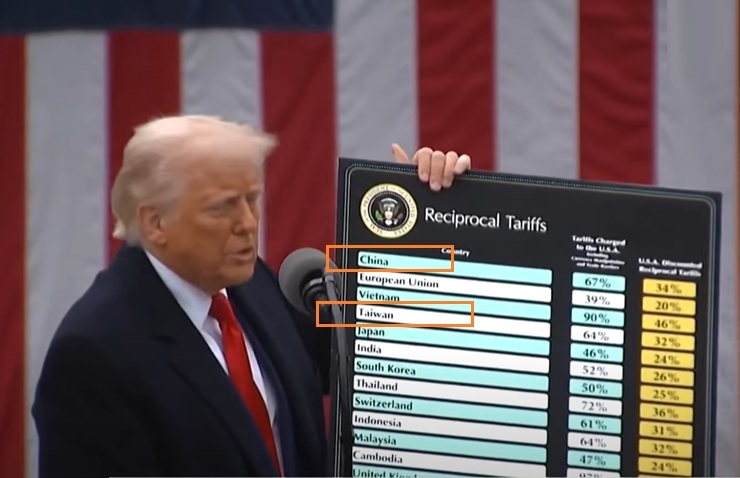
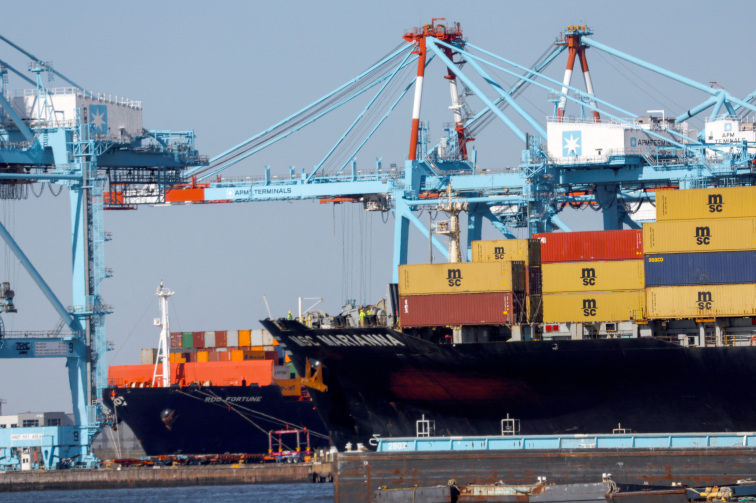
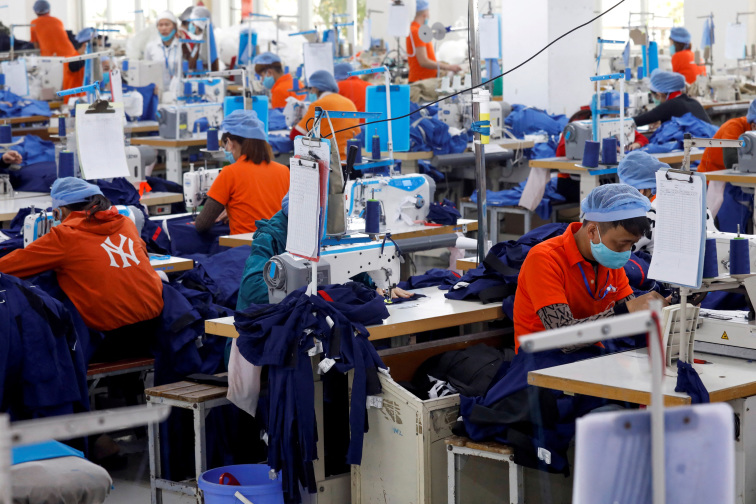
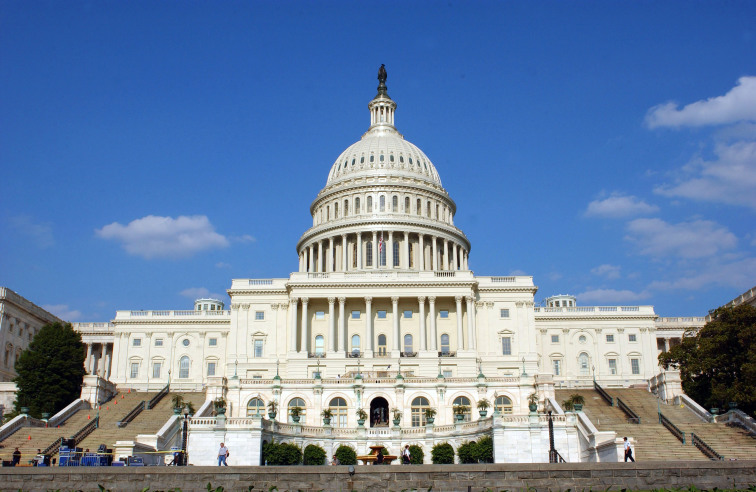

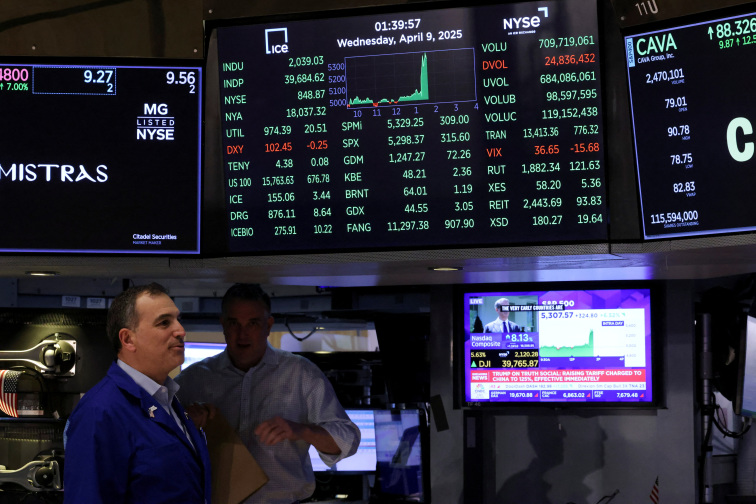

News magazine bootstrap themes!
I like this themes, fast loading and look profesional
Thank you Carlos!
You're welcome!
Please support me with give positive rating!
Yes Sure!